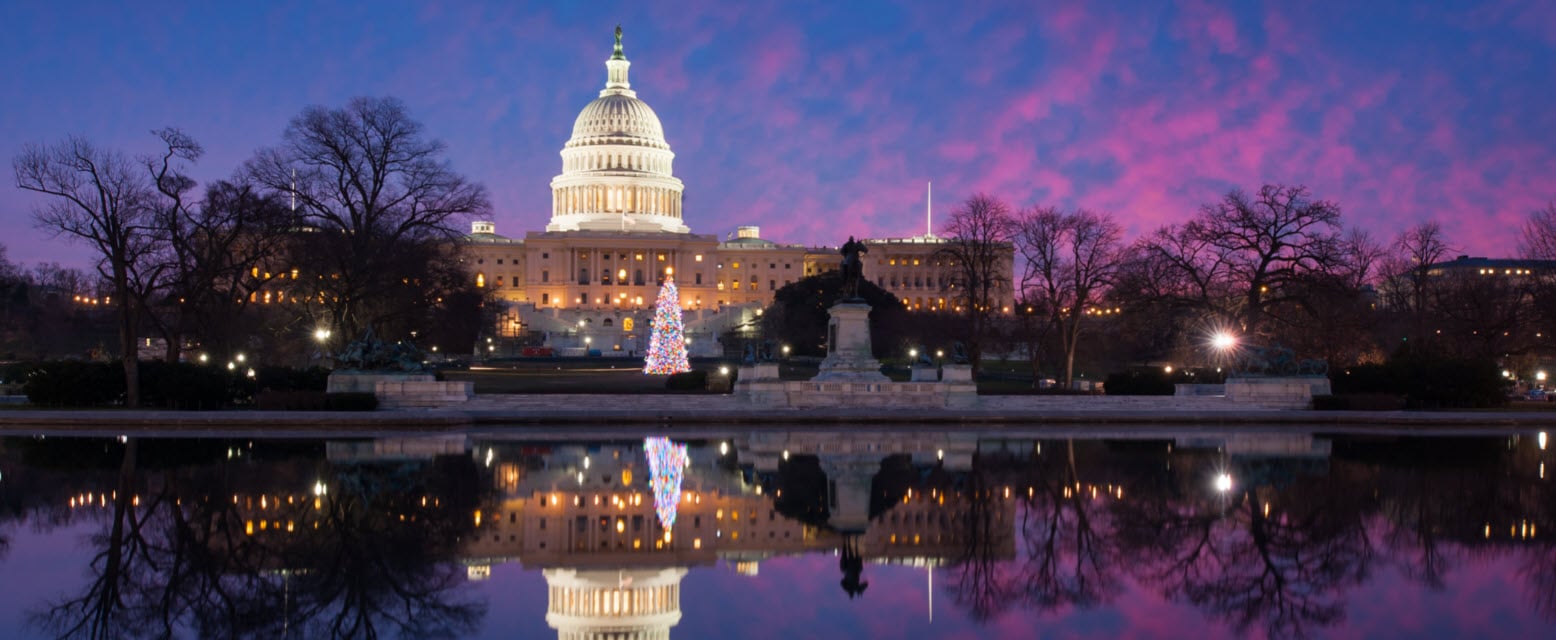On November 12, 2021, the US Department of the Treasury’s Office of Foreign Assets Control (“OFAC”) sanctioned four entities and two individuals pursuant to Executive Order 14046, “Imposing Sanctions on Certain Persons With Respect to the Humanitarian and Human Rights Crisis in Ethiopia” (“EO 14046“). These designations are in response to the growing humanitarian and human rights crisis and expanding military conflict in Ethiopia. Our previous blog post on the issuance of EO 14046 can be found here. This is the first round of sanctions imposed under EO 14046. OFAC issued this press release announcing sanctions on these parties.
US Persons are prohibited from dealing with the newly designated parties. OFAC issued General License No. 4, “Authorizing the Wind Down of Transactions Involving Hidri Trust or Red Sea Trading Corporation” (“GL 4”). GL 4 authorizes the winding down of transactions with Hidri Trust and the Red Sea Trading Corporation through 12:01 a.m. EST on December 14, 2021. Both entities are among those sanctioned under this round of designations. Other designations include Eritrea’s only political party and the country’s military.
OFAC also issued FAQs 935 and 936. FAQ 935 confirms that sanctions against Hidri Trust and the Red Sea Trading Corporation do not restrict the ability of interested parties to engage in humanitarian-related transactions or activity in Eritrea or Ethiopia. FAQ 936 confirms that OFAC’s “50% Rule” does not apply for purposes of sanctions imposed under EO 14046. Rather, the sanctions apply only to parties that are themselves sanctioned under EO 14046 and listed on OFAC’s Specially Designated Nationals and Blocked Persons List (“SDN List”)
Secretary of State Antonin Blinken issued a statement supporting these sanctions, saying they “build upon the United States’ previous actions to press the parties to move toward a cessation of hostilities and a peaceful resolution to the conflict.” The statement also indicates further sanctions could be imposed should the parties fail to make progress in reducing conflict in the region and calls for Eritrean forces to immediately withdraw from Ethiopia. The Government of Ethiopia and the military group Tigray People’s Liberation Front are explicitly referenced as sanctions targets.
The authors acknowledge the assistance of Ryan Orange with this blog post.



